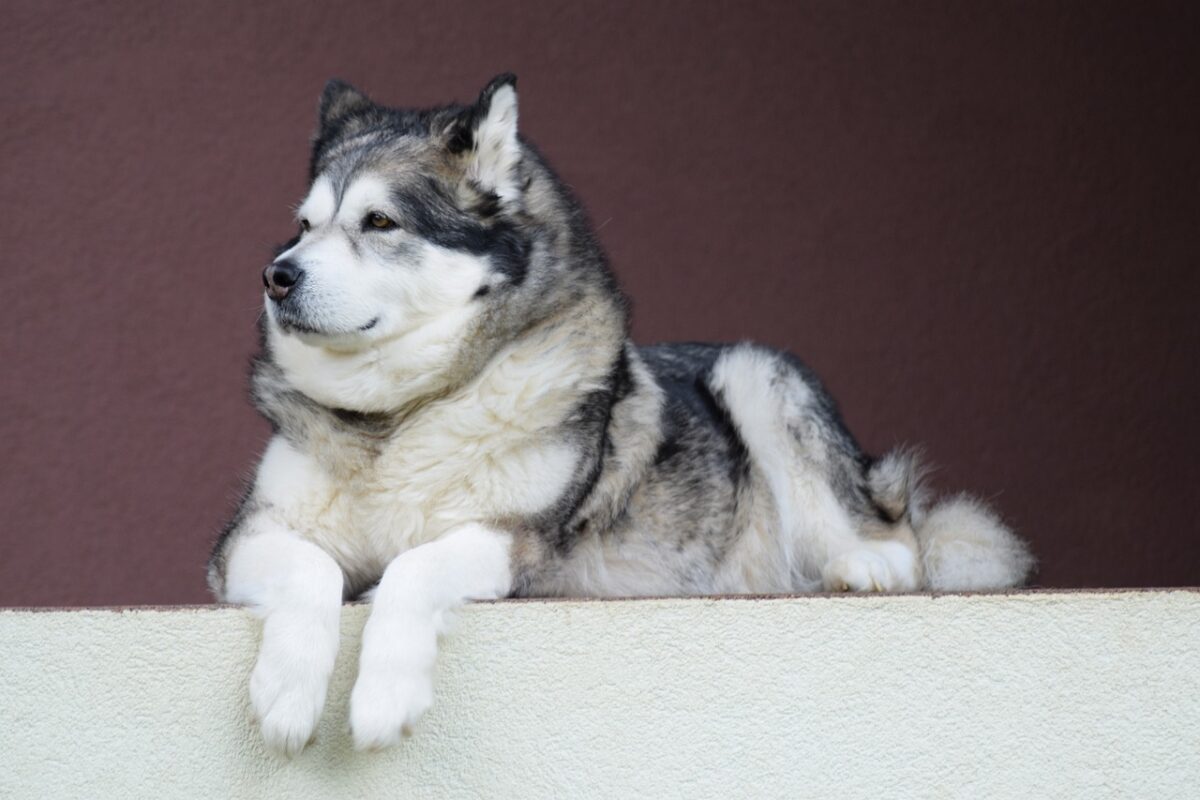 Shutterstock
Shutterstock
Every dog lover knows that most dogs enjoy their meals, but certain breeds seem to have boundless appetites. These dogs often require larger quantities of food due to their size, activity levels, or even a genetic predisposition to being highly food-driven. While all dogs need a balanced diet to stay healthy, some breeds demand special attention regarding portion control and food quality to prevent overeating and related health problems. Managing their appetites ensures their overall well-being and avoids obesity and digestive complications.
Labrador Retriever
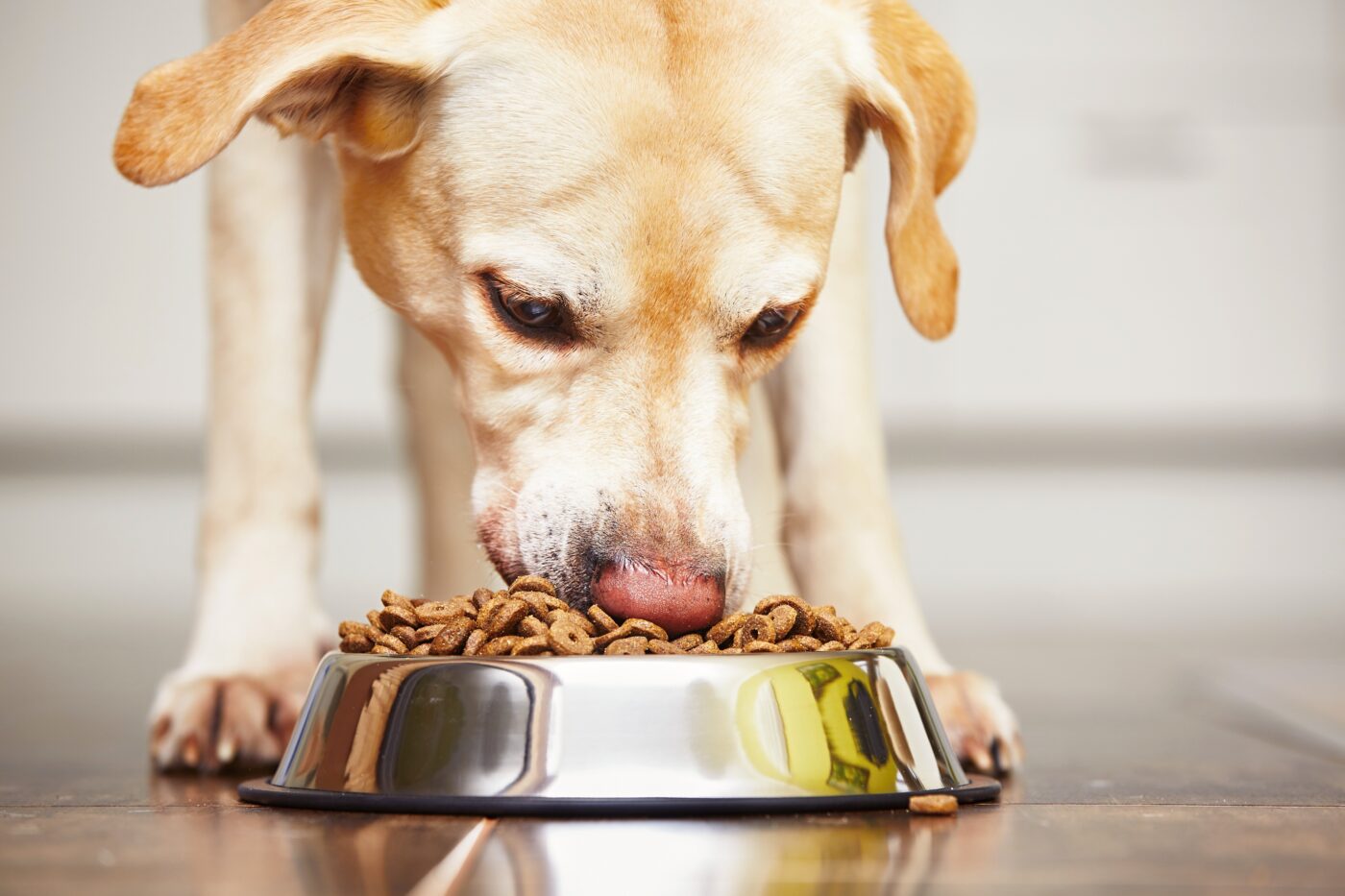 Shutterstock
Shutterstock
The Labrador Retriever is one of the most popular dog breeds in the world and has one of the biggest appetites. Labs are notorious for their love of food, and their constant hunger can lead them to overeat if not properly managed. Known for being a high-energy breed, Labs require a substantial amount of food to fuel their activity levels, but their food-driven nature can sometimes lead them to become overweight. Owners must be careful about portion control and ensure they don’t give in to those pleading eyes, as Labs are prone to obesity if their diet isn’t carefully monitored. Despite their appetite, Labs remain active and playful, making them one of the most beloved breeds worldwide.
Bernese Mountain Dog
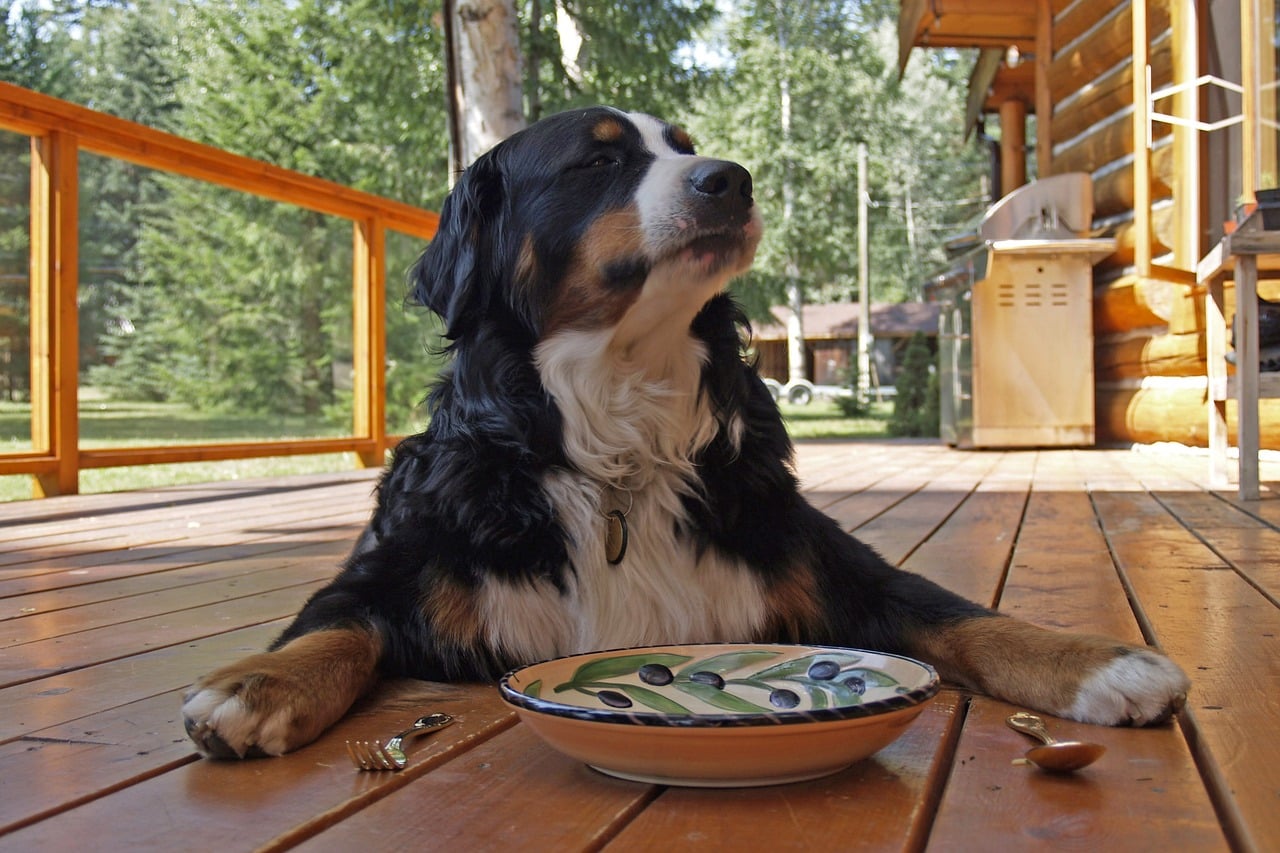 Shutterstock
Shutterstock
Bernese Mountain Dogs are large, sturdy dogs with a voracious appetite to match their size. Originally bred as working dogs in the Swiss Alps, these gentle giants require a lot of food to support their muscular build and energy levels. Bernese Mountain Dogs can weigh between 70 and 115 pounds, and their caloric needs are substantial to maintain their health and strength. While they aren’t necessarily as hyper-focused on food as some smaller breeds, their sheer size means their daily intake can be impressive. Owners of Bernese Mountain Dogs need to ensure that they are feeding high-quality, nutritious food that supports their large frames without overloading on calories.
Beagle
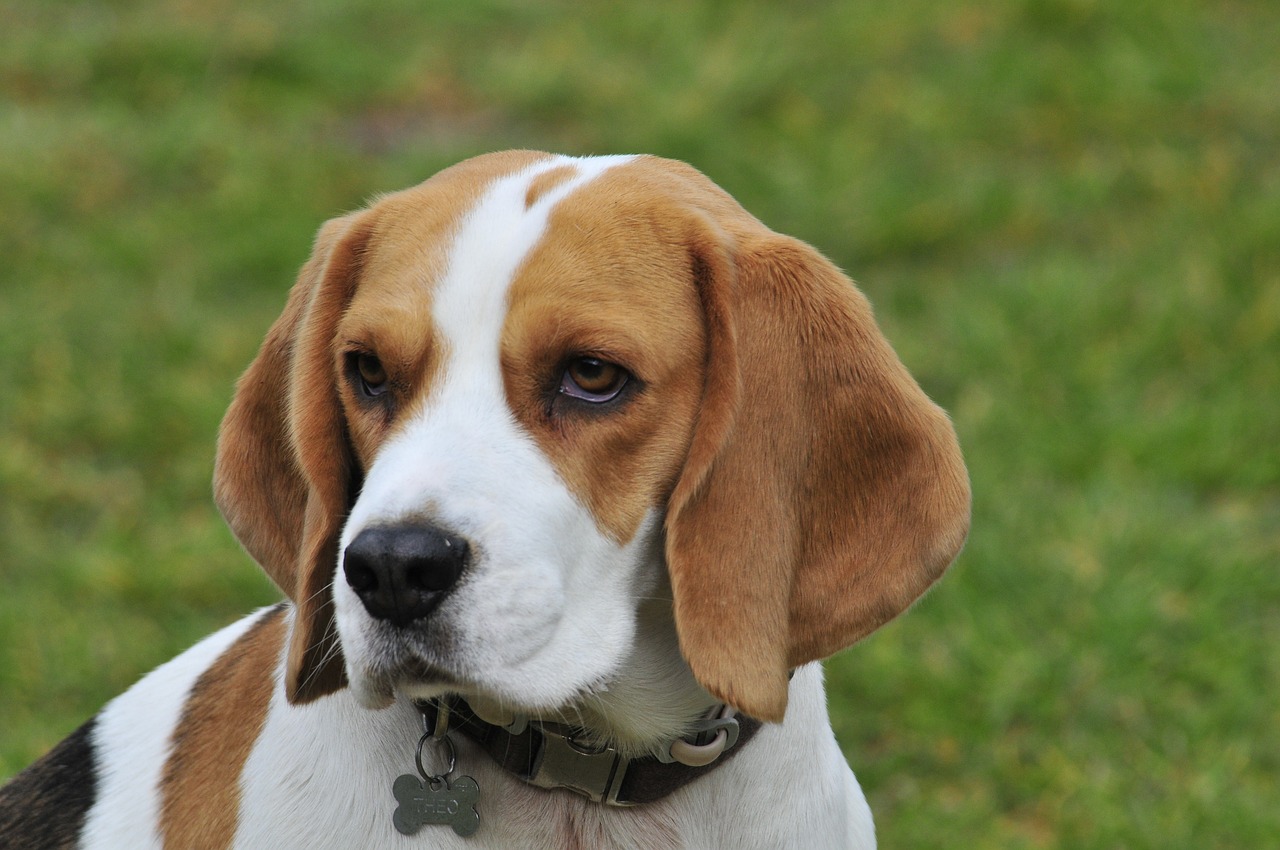 Shutterstock
Shutterstock
Beagles may be small in stature, but their appetites are anything but small. Known for their strong sense of smell, Beagles are often driven by food, and their constant hunger can make them prone to scavenging or stealing food when left unsupervised. Their love of food stems from their history as hunting dogs, where they were trained to follow scents, often leading to a reward. While Beagles are active and energetic, their food obsession can lead to weight gain if their portions aren’t carefully controlled. Owners of Beagles need to be mindful of their dog’s calorie intake and resist the urge to overfeed, as their appetites can easily lead to obesity.
Rottweiler
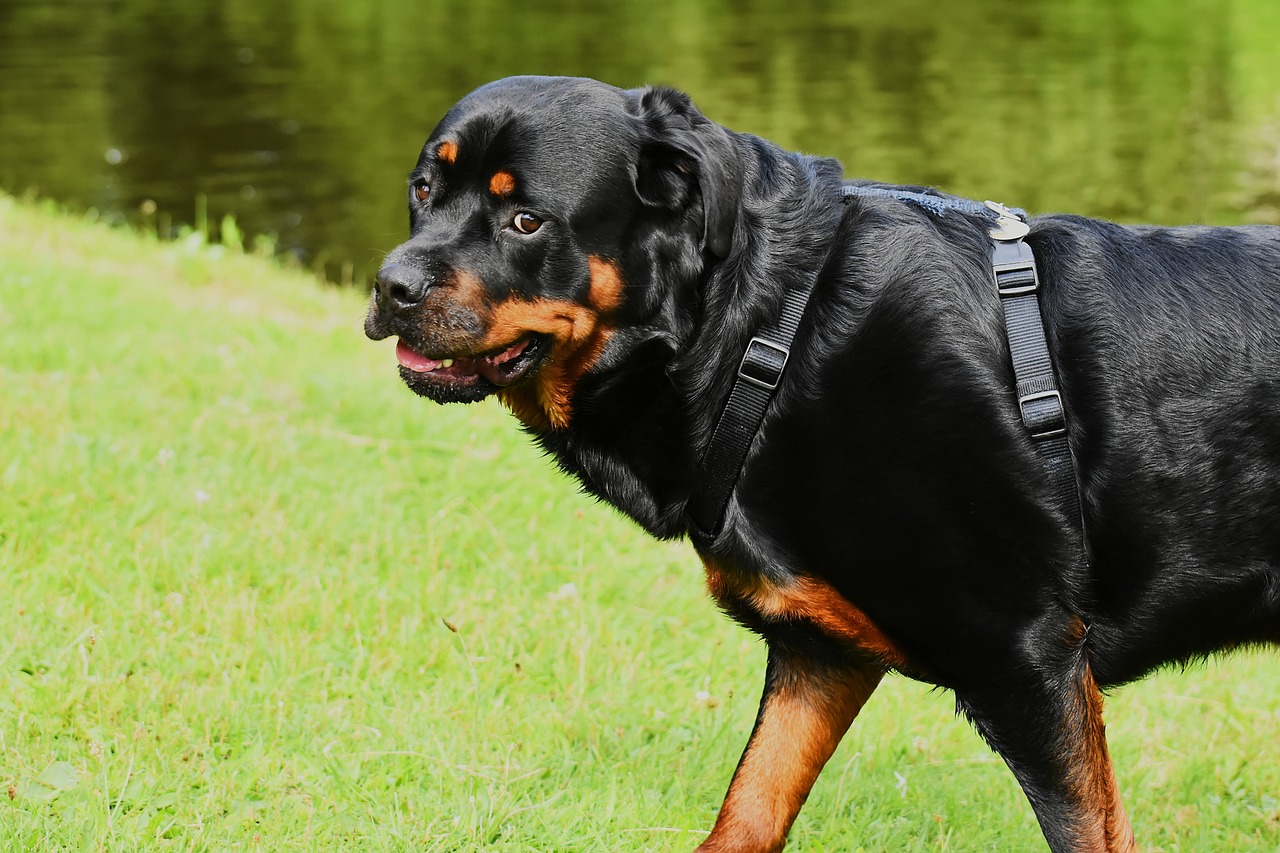 Shutterstock
Shutterstock
Rottweilers are large, powerful dogs that have big appetites to match their size. These dogs are natural athletes, requiring substantial food to fuel their activity levels and maintain their muscle mass. Rottweilers can weigh between 80 and 135 pounds, meaning they need a diet rich in protein and nutrients to support their powerful build. While Rottweilers may not have the same food-driven personality as some smaller breeds, their caloric needs are high due to their size and energy. Owners must carefully monitor their food intake to prevent overeating, as Rottweilers can become overweight if not properly exercised and fed balanced meals.
Great Dane
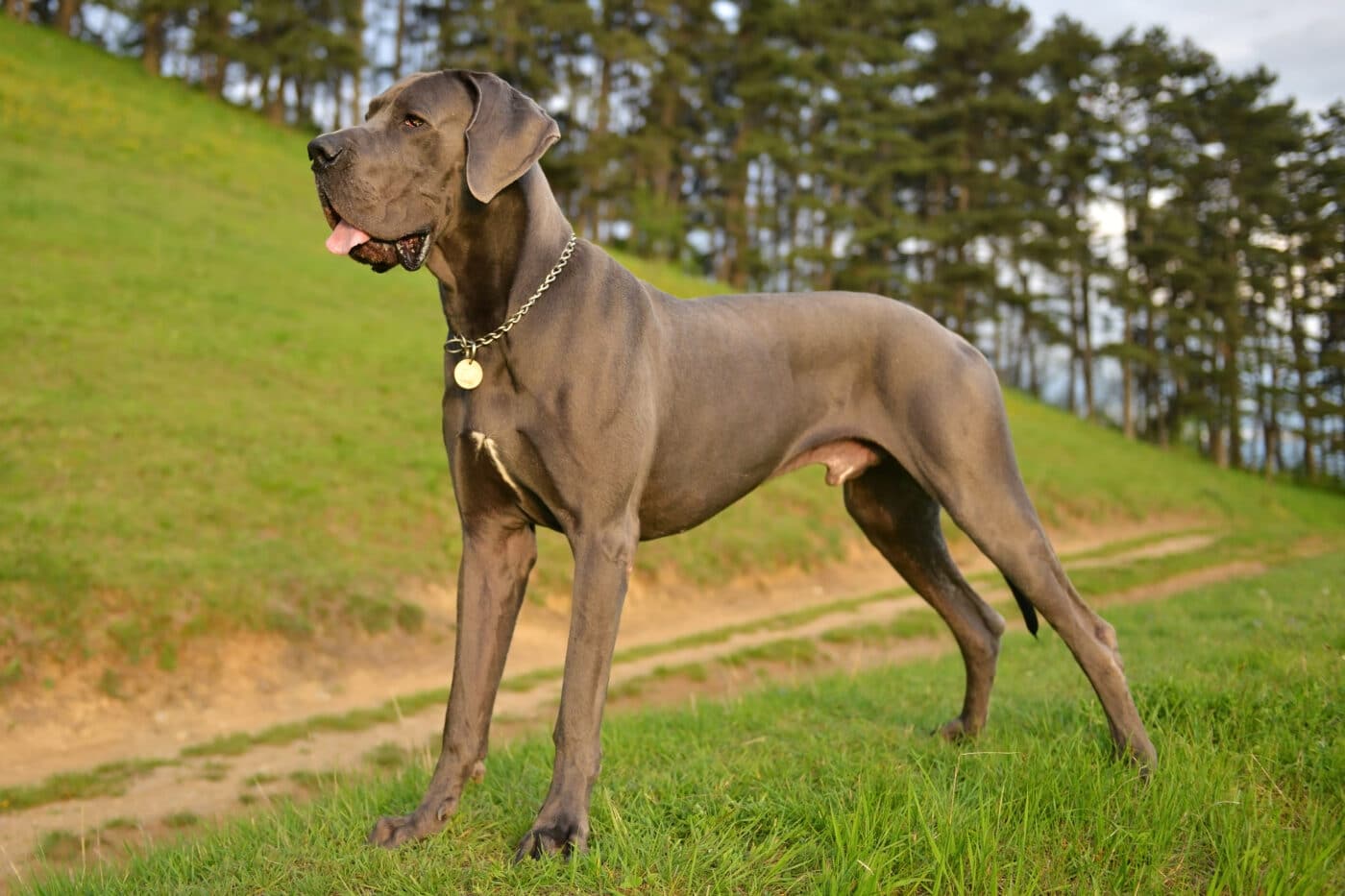 Shutterstock
Shutterstock
As one of the largest dog breeds in the world, it’s no surprise that the Great Dane has a massive appetite. These gentle giants can stand over 30 inches tall and weigh as much as 200 pounds, making their daily food intake substantial. Great Danes require a diet that supports their rapid growth during puppyhood and maintains their large size throughout adulthood. However, despite their size, Great Danes are prone to digestive issues such as bloat, meaning that their meals must be carefully portioned and spread out throughout the day to avoid health problems. Their appetites, while large, need to be balanced with a diet that promotes healthy digestion and avoids excessive weight gain.
Newfoundland
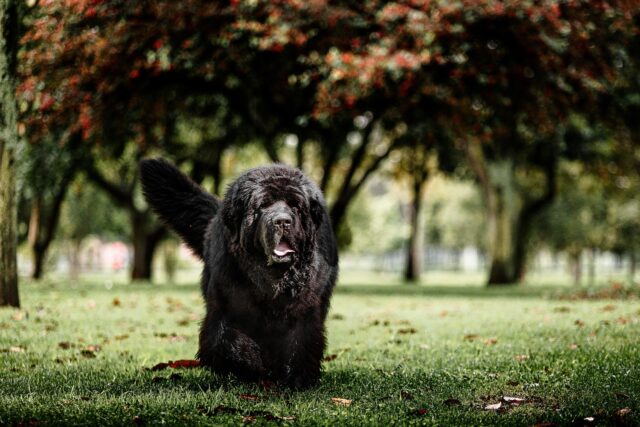 Shutterstock
Shutterstock
Newfoundlands, with their massive size and dense, water-resistant coats, are another breed with a big appetite. These dogs were originally bred as working dogs to assist fishermen in Newfoundland, and their strong build requires a substantial amount of food to fuel their daily activities. Newfoundlands are known for their gentle and affectionate nature, but their large frames require careful dietary management. While they are not as prone to obesity as some smaller, food-driven breeds, their size alone means they need plenty of calories to stay healthy. Owners of Newfoundlands must focus on providing a balanced diet that supports their size without leading to excessive weight gain.
Alaskan Malamute
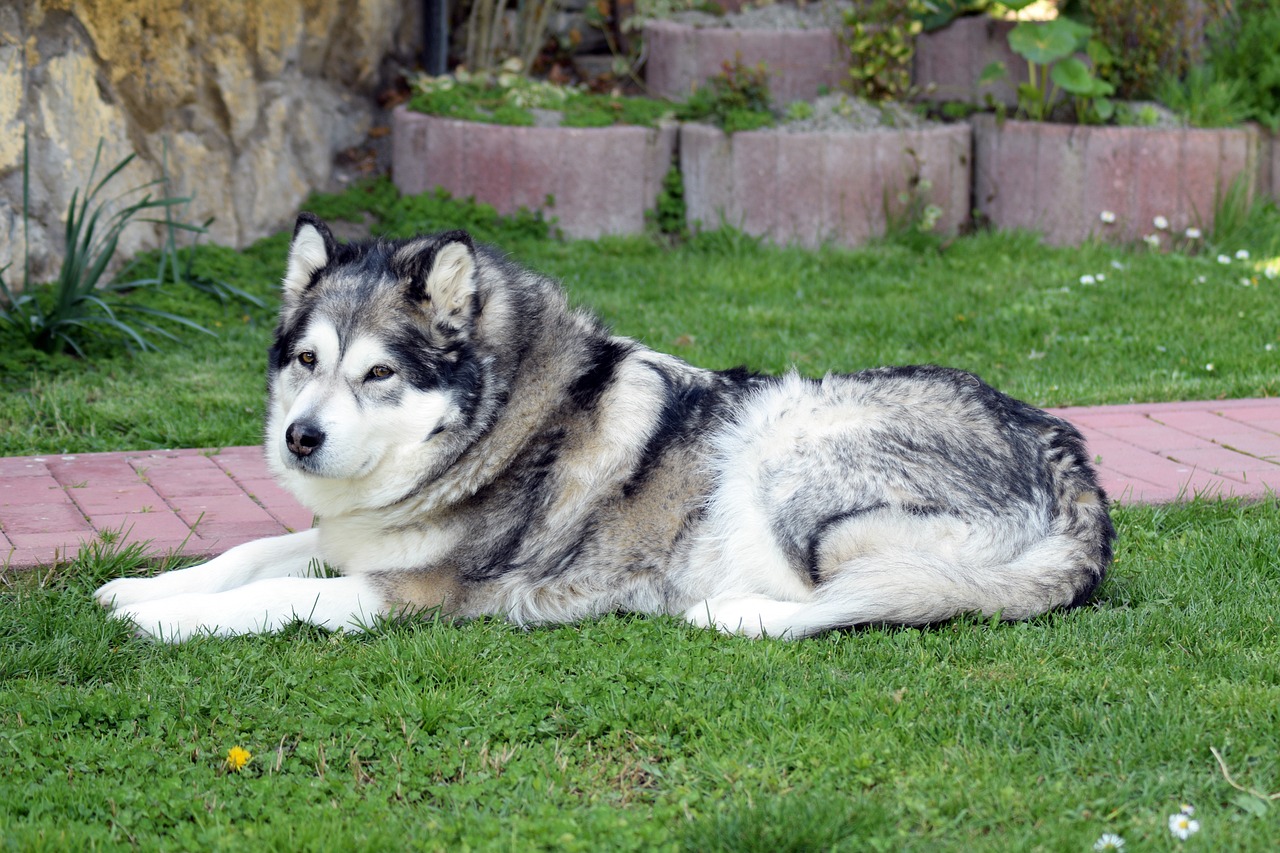 Shutterstock
Shutterstock
Alaskan Malamutes are powerful, hardworking dogs with a history of pulling heavy sleds across long distances in harsh, cold environments. Given their background as sled dogs, it’s no wonder that Alaskan Malamutes have hearty appetites. These dogs are bred for endurance and strength, requiring a diet rich in protein and fat to fuel their active lifestyles. While Alaskan Malamutes are known for their ability to thrive in tough conditions, their appetite can sometimes lead to overeating, especially if they aren’t getting enough exercise. Owners must carefully monitor their food intake to ensure they receive enough nutrients to support their active nature without overfeeding.
Big Appetites, Bigger Responsibility
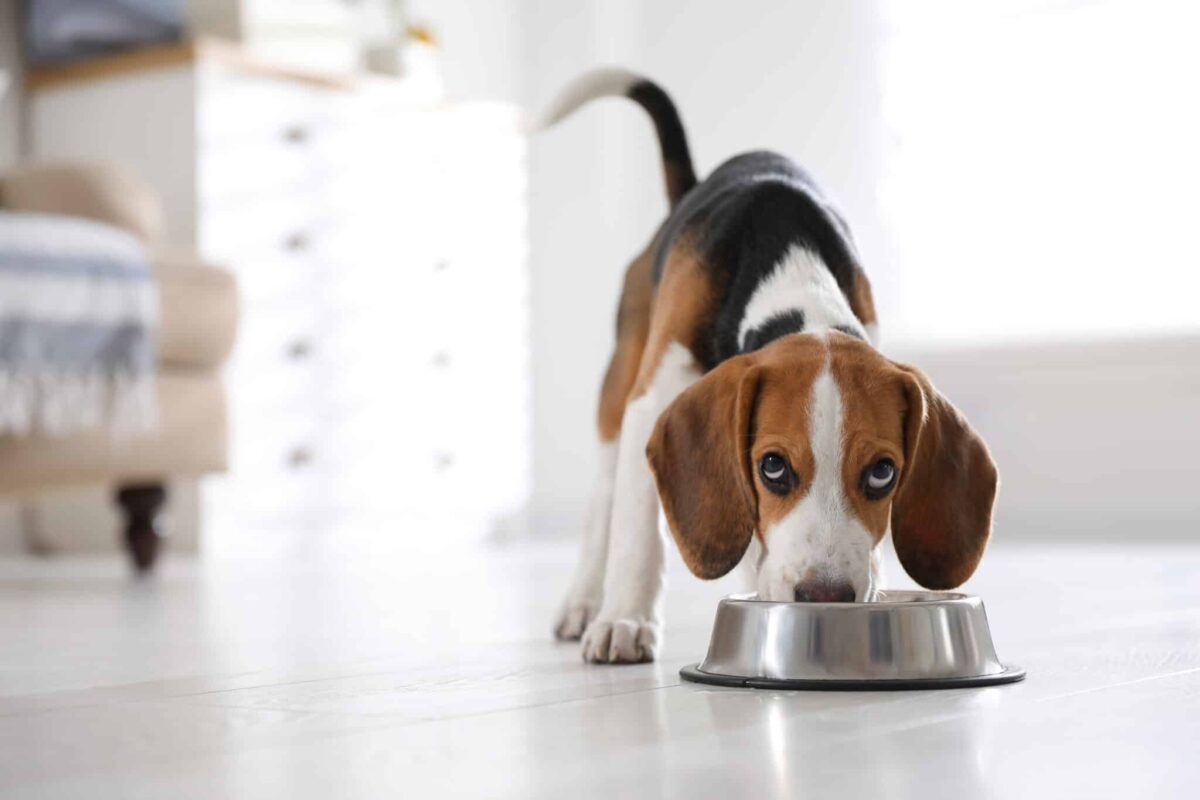 Shutterstock
Shutterstock
Dogs with big appetites can bring unique challenges for their owners, particularly when managing portion sizes and ensuring a balanced diet. Whether it’s a food-driven Beagle or a massive Great Dane, these breeds require careful monitoring to avoid overeating and maintain their health. Owners must focus on providing high-quality, nutritious food that supports their dog’s size and activity level while keeping an eye on their weight. Proper management allows these dogs to enjoy their meals and lead long, healthy lives.
 Toledo, United States.
Toledo, United States.